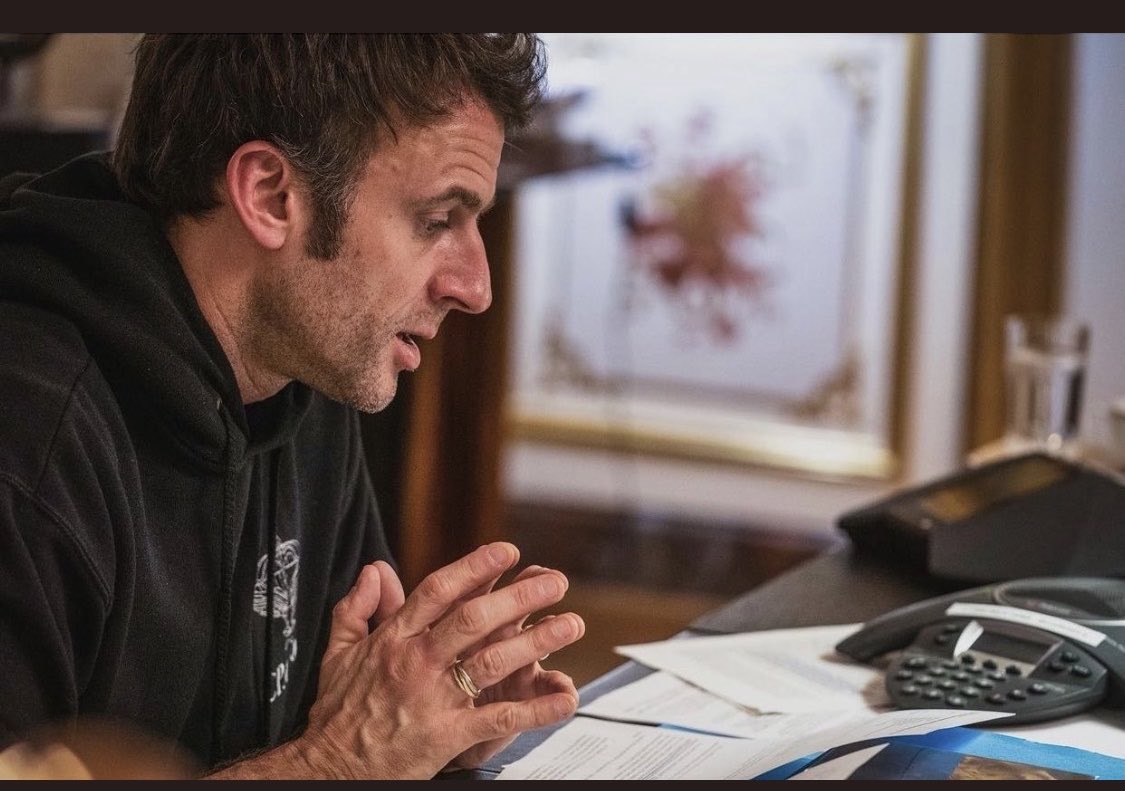The team at Rumble Video have taken a strong position in defense of free speech, an open internet and protection of a diverse public square.
Apparently, the French government demanded that Rumble remove content the government does not support. [Source] Rumble said no.

Rumble CEO Chris Pavlovski then followed up delivering a statement via Twitter: “The French Government has demanded that Rumble (@rumblevideo) block Russian news sources. Like @elonmusk, I won’t move our goal posts for any foreign government. Rumble will turn off France entirely (France isn’t material to us) and we will challenge the legality of this demand.”
Pavlovski and Rumble being transparent and making the demand from the French government public raises a few questions.
Rumble said ‘no’, but who said ‘yes’?
 It would be highly unlikely that Rumble is the only tech platform the French government have contacted with their demands. What did the other platform providers do?
It would be highly unlikely that Rumble is the only tech platform the French government have contacted with their demands. What did the other platform providers do?
How many other ‘western‘ governments make demands on content from Big Tech platform providers that we do not know about?
On the domestic side, the issue of what France is demanding is essentially analogous with what the U.S. government (DHS) has been doing within the censorship discussion recently highlighted by The Intercept. However, Twitter, Facebook, Instagram, YouTube, Google and Microsoft have not been open with the American people about these back-channel discussions and demands from the U.S. government.
Most of what we are now learning about government control over social media content is coming as a result of a lawsuit filed by the State of Missouri against the Biden administration.
(New York Post) – A little-noticed federal lawsuit, Missouri v. Biden, is uncovering astonishing evidence of an entrenched censorship scheme cooked up between the federal government and Big Tech that would make Communist China proud.
So far, 67 officials or agencies — including the FBI — have been accused in the lawsuit of violating the First Amendment by pressuring Facebook, Twitter and Google to censor users for alleged misinformation or disinformation.
Victims of the Biden-Big Tech “censorship enterprise” include The Post, whose Hunter Biden laptop exposé was suppressed by Facebook and then Twitter in October 2020 after the FBI went to Facebook, warning it with great specificity to watch out for a “dump” of Russian disinformation, pertaining to Joe Biden, with an uncanny resemblance to our stories.
“We allege that top-ranking Biden administration officials colluded with those social media companies to suppress speech about the Hunter Biden laptop story, the origins of COVID-19, the efficacy of masks, and election integrity,” is how the lawsuit was summarized by intrepid Missouri Attorney General Eric Schmitt, who is leading the action.
The censorship related to alleged “misinformation” about pandemic lockdowns, vaccines and COVID-19, and included material from the esteemed infectious disease epidemiologists and public health scientists associated with the Great Barrington Declaration, which proved over time to be correct and eventually much of which was adopted as official policy by the CDC.
Defendants include FBI special agents Elvis Chan and Laura Dehmlow, who gave Facebook that detailed “disinformation” briefing right before The Post was censored; White House press secretaries, current and former, Karine Jean-Pierre and Jen Psaki; Dr. Anthony Fauci, the president’s chief medical adviser, and former White House senior COVID-19 adviser Andrew Slavitt; counsel to President Biden Dana Remus; the DHS over the disbanded Disinformation Governance Board; the Cybersecurity and Infrastructure Security Agency; the FDA; the State Department; and the US Election Assistance Commission.
Last month a federal judge ordered a reluctant Fauci and Jean-Pierre to hand over their records, so the case is progressing nicely.(read more)
As various entities and Big Tech platforms prepare to launch lawfare litigation, a strategy built on threats, against any member of the Rebel Alliance who outlines the schemes and connections between government and Big Tech, they would be wise to reconsider the unstable cornerstone of their position…
…Why would any social media platform, at any scale and on any level, be in any relationship with the United States government?




No comments:
Post a Comment